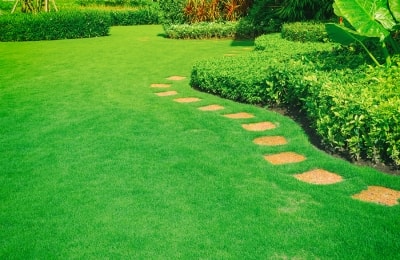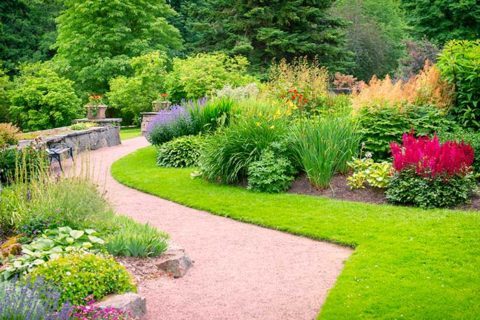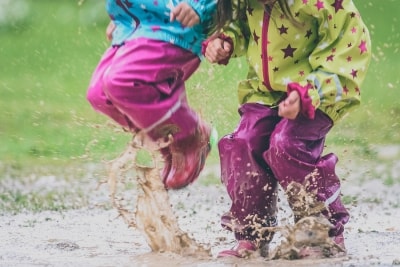AN INTRODUCTION TO GREEN LANDSCAPING
Are you looking for ways to make your garden design near Westchester County more eco-friendly and maintainable? If so, then green landscaping may offer you a solution. Continue reading to learn the basics of green landscape design.
Sustainable Landscaping
Sometimes referred to as sustainable or eco-landscaping, green landscaping is an approach to landscape design that involves designing, creating, and caring for your garden in ways that save energy, time, and money. These landscapes can provide habitats for wildlife and recreational areas while reducing air, water, and soil pollution.
Responsible Watering
If you’re like many homeowners, then you’re giving your landscaping more water than it needs. For example, many grass species naturally go dormant in summer and can survive with less water than you might think. Also, consider researching the plants that you have and learn if some of them are getting more water than they require. Using mulch where possible to help conserve moisture in the soil, collecting rainwater, and choosing more native plants are all examples of landscape solutions that can help you water responsibly. Additionally, homeowners that live in dry regions can benefit from the xeriscaping approach to landscaping, which focuses on using as little supplemental water as possible.
Smart Design
Making changes to your landscape design can significantly improve your yard’s sustainability factor. For example, replacing some of your lawn with hardscaping can cut down on watering and mowing needs, while simultaneously increasing the aesthetic appeal and function of your outdoor spaces. Also, choosing plants that are native to your location and planting species with similar watering needs in the same area can reduce the amount of water required by your landscape design.
Waste Reduction
Reducing the amount of waste that is generated by your garden is an integral part of green landscaping. A few methods for wasting less include sharing gardening tools with friends and neighbors, recycling plastic pots, allowing grass clippings to decompose instead of bagging and trashing them, and buying gardening materials in bulk to cut down on packaging waste.



